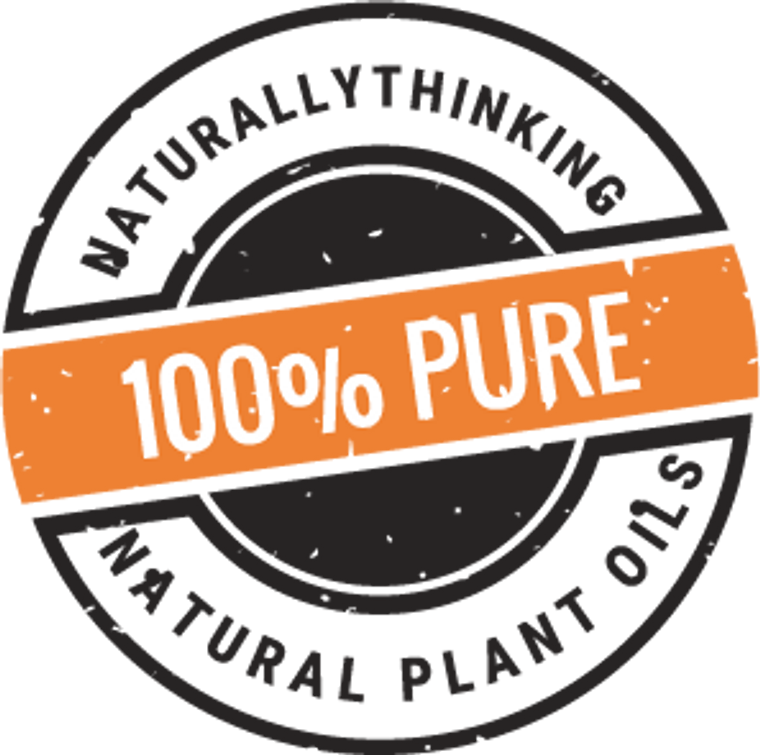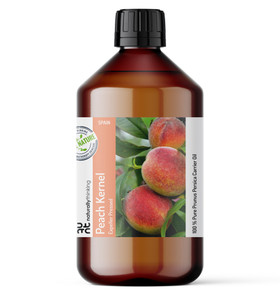
Pomegranate is fast becoming an exciting addition to skincare, originally craved in Ancient times, Pomegranate has had a revival both as a health drink and a skin oil.
Pomegranate Oil
Harvested from the Prunica granatum shrub, which is a fruit bearing shrub growing to to 16 to 26 feet. The plant originated from Iran, but now grows across the Mediterranean in abundance. The plant has spiny branches and evergreen leaves, with shiny flowers that bloom in clusters of give. The fruit is about 2.5 - 5 inches wide and has a tough, leathery skin. The oil is obtained from the seeds which are found inside the fruit in a white spongy tissue.
Skin Suitability of Castor oil
A report in the Journal of Ethnopharmacology found that Pomegranate oil stimulates 'keratinocytes', which are the major cells found in the epidermis (the outer layer of the skin). Helping to regenerate these cells, may actually help to reverse past damage and revive the skin to reveal a fresher and more youthful appearance.
Pomegranate provides hydrating relief to the skin, helping with dry skin, eczema, psoriasis and sunburned skin. Just like the Pomegranate, the oil has high antioxidant content, mainly due to it's high content of ellagic acid. By fending off damaging free radicals, the oil helps keep the skin looking young and can provide some protection against the sun.
Hair Suitability of Pomegranate oil
Pomegranate oil is rich in punic acid, which helps to revitalise and strengthen the hair, making it strong, lustrous and healthy. The high antioxidant and vitamin content help increase the blood flow and circulation in the scalp, helping to reduce flakiness and itchiness of the scale. Pomegranate oil is ideal for dandruff, hair dullness, dryness and thinning of the hair.
Latin Name
Punica granatum (Pomegranate) Seed Oil
Extraction Method
Cold Pressed
Country of Origin
Europe
Average Shelf Life
18 - 24 months
Oil Specification
Colour - A bright yellow oil
Odour - Typical
Form - Liquid
Fatty Acids
Stearic acid (C18:10): < 1 -3
Oleic acid (C18:1): 3 - 6
Linoleic acid (C18:2): 3 - 8
9C 11T 13C PUNICIC (C18:3): 60 - 85
Icosanoic acid (C18:3): < 1
Natural Contents
Vitamin A, Vitamin B1, Vitamin B2, Vitamin B6, Vitamin C, Vitamin E, proteins and minerals.
Tip
Use as a skin serum, before moisturising, just a small dab on your finger tip for amazing results.

Pomegranate Oil
Precautions
None recorded and as with all carrier oils (except St Johns Wort), safe to use during pregnancy. As with all nut based carrier oils, always use with caution on people with nut allergies.
- Contraindications:
- N/A
- Country of Origin:
- Europe
- Latin Name:
- Punica granatum (Pomegranate) Seed Oil
- Part of Plant Used:
- Seed
- Purity:
- 100% Pure
- Scent:
- Medium Fatty Acid
- Skin Properties:
- A report in the Journal of Ethnopharmacology found that Pomegranate oil stimulates 'keratinocytes', which are the major cells found in the epidermis (the outer layer of the skin). Helping to regenerate these cells, may actually help to reverse past d
- Key Benefits:
- Epidermal Renewal
- HS Code:
- 33049900
- HS Description:
- Pomegranate Oil for cosmetic use
- HS Country:
- GBR
- HS Composition:
- Plant Oil
Ingredients
You can view the full ingredients by Clicking Here
Pomegranate Oil Safety Data Sheet (SDS)
Pomegranate Oil The SDS can be downloaded by Clicking Here
Pomegranate Oil Technical Data Sheet (TDS)
Pomegranate Oil The TDS can be downloaded by Clicking Here
Pomegranate Oil Certificate of Analysis (COA)
Generate the certificate of analysis for your purchased product by entering your Batch Number which can be found on the packaging of your product.
Pomegranate Oil Allergens Declaration
Generate an allergens declaration for your purchase (essential oils only)







